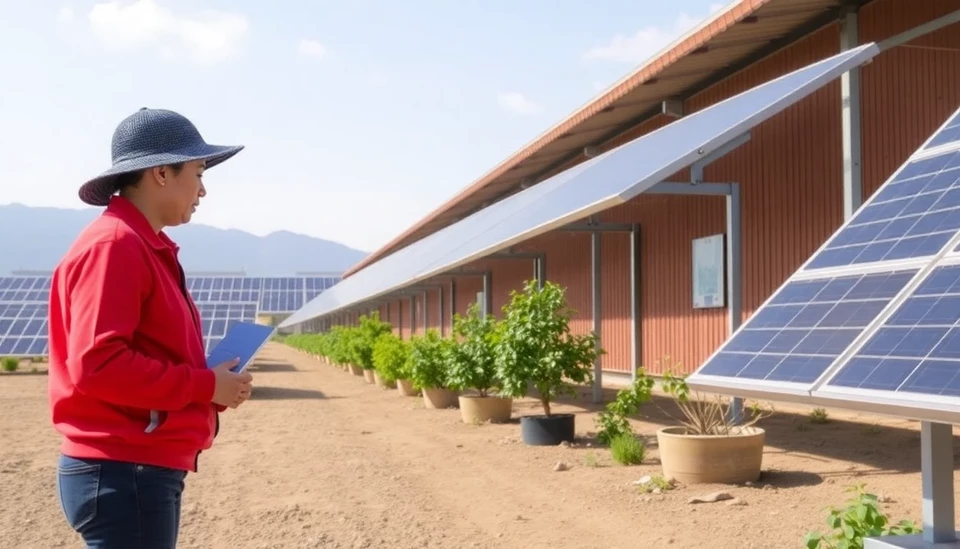
In a landscape marked by fierce competition and fluctuating market dynamics, China's solar industry is strategically looking towards the Organization of the Petroleum Exporting Countries (OPEC) for guidance on how to sustain itself in the face of challenges. With global energy demands evolving rapidly, the lessons from OPEC's management of oil prices and supply could offer crucial insights for China's burgeoning solar sector.
The recent years have seen China solidify its position as a global leader in solar panel manufacturing, yet the industry faces mounting pressures. Overcapacity, price wars, and the consequences of international competition are threatening the profitability and survival of numerous players within the solar market. As domestic and international markets become increasingly saturated, industry leaders are seeking ways to navigate these turbulent waters effectively.
OPEC's ability to regulate oil production and pricing serves as a potential model for solar manufacturers. By understanding how OPEC successfully manages supply to stabilize market prices, Chinese solar companies could develop strategies to overcome current adversities. Adopting similar tactics might help them control production levels and better align supply with global demand, ultimately stabilizing the market.
The iconic organization has maintained its influence through coordinated actions among member countries, a principle that could be beneficial for China as well. The Chinese solar industry could consider forming alliances or partnerships to streamline production and effectively address the issues stemming from oversupply. Collective agreements could allow manufacturers to agree on production quotas, reminiscent of OPEC's oil production cuts in efforts to maintain viable pricing structures.
Additionally, as the world transitions towards renewable energy, the Chinese solar sector must refine its operations to remain competitive. By adopting data-driven approaches similar to those used in oil markets, solar companies could enhance their forecasting abilities to better predict demand fluctuations and align production accordingly.
The emphasis on innovation and efficiency is another crucial lesson drawn from the oil industry's history. OPEC has frequently adapted to changes in technology and consumer preferences, enabling it to retain relevance over decades. Likewise, China’s solar manufacturers need to invest in research and development to innovate continuously, improve product quality, and respond to the evolving needs of the renewable energy market.
As policymakers worldwide push for decreased reliance on fossil fuels, the demand for solar energy is expected to rise. China's solar industry has the potential not only to capitalize on this global shift but also to set new standards in technology and sustainability. However, for this potential to be realized, companies must learn to collaborate and innovate strategically, ensuring that they don’t repeat past mistakes that have led to oversupply and price volatility.
Despite the urgent need for change, there remains skepticism about whether the fragmented nature of China's solar sector can navigate these challenges effectively. Many small to medium-sized players may struggle to agree on a collective path forward amidst a landscape characterized by fierce competition and varying strategic goals. Thus, industry leaders must act decisively to foster collaboration, ensuring all stakeholders within the ecosystem work towards a common objective that prioritizes long-term sustainability and stability.
Ultimately, as the Chinese solar industry embarks on this new journey of introspection and potential reform, it looks to OPEC not just as a historical reference, but as a potential blueprint for navigating the complexities of a rapidly evolving market. Learning from established industries may provide the competitive edge necessary for this vibrant sector to thrive in the years to come.
In conclusion, China’s solar manufacturers stand on the brink of transformation, poised to adopt strategies reminiscent of OPEC's oil management. By aligning production with demand, fostering collaboration, and promoting innovation, they have a unique opportunity to stabilize their industry and lead the world towards a cleaner energy future.
#ChinaSolar #OPEC #RenewableEnergy #SolarIndustry #Sustainability #EnergyTransition
Author: Peter Collins


